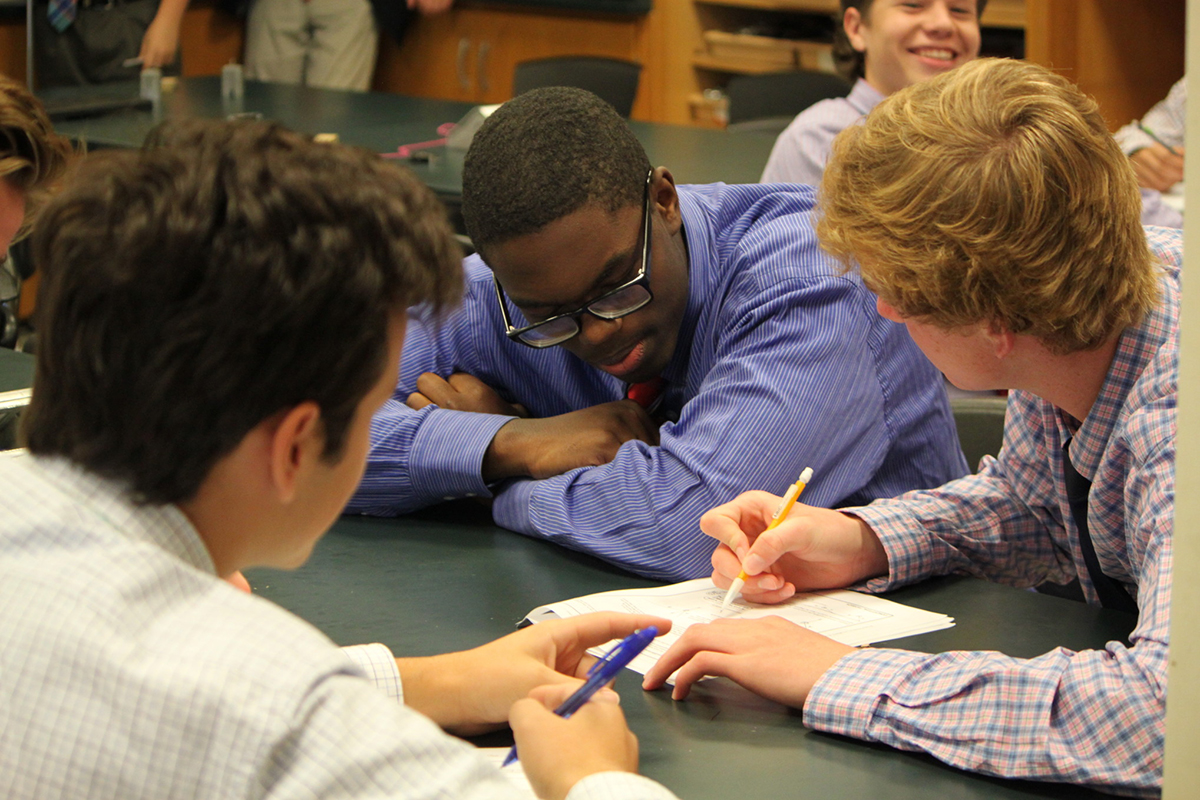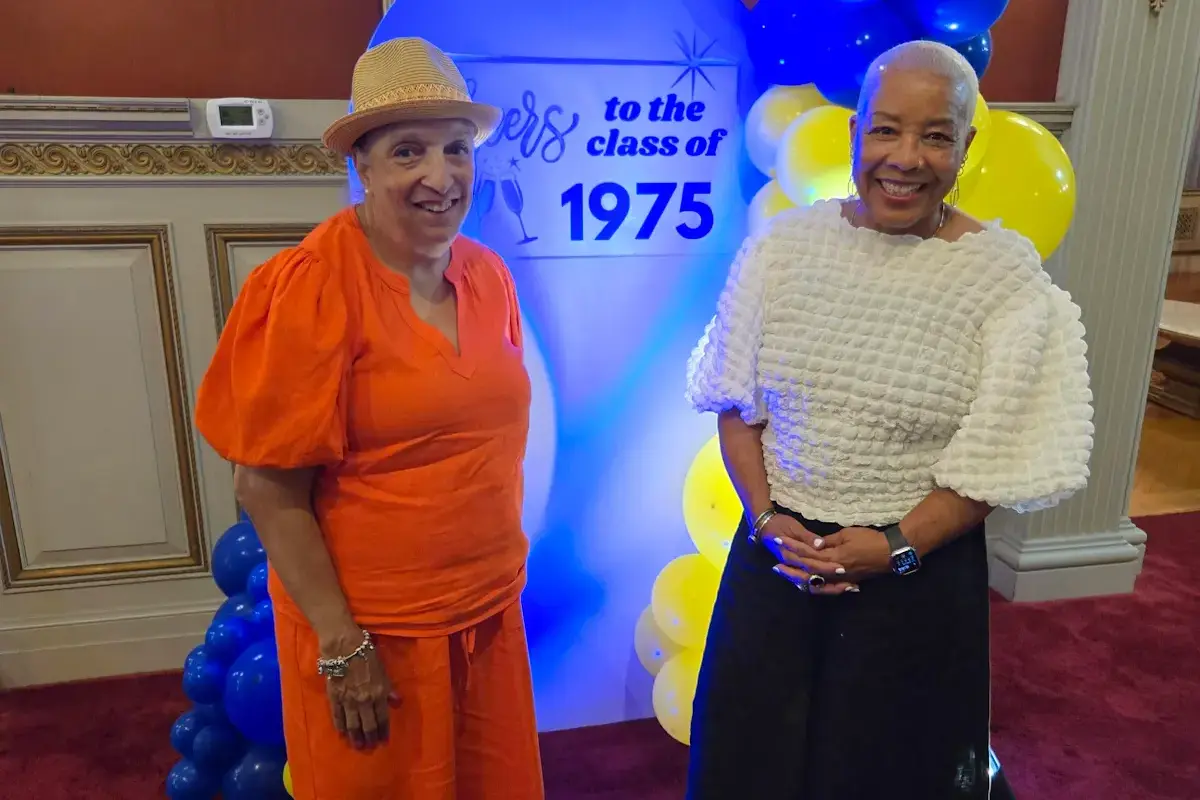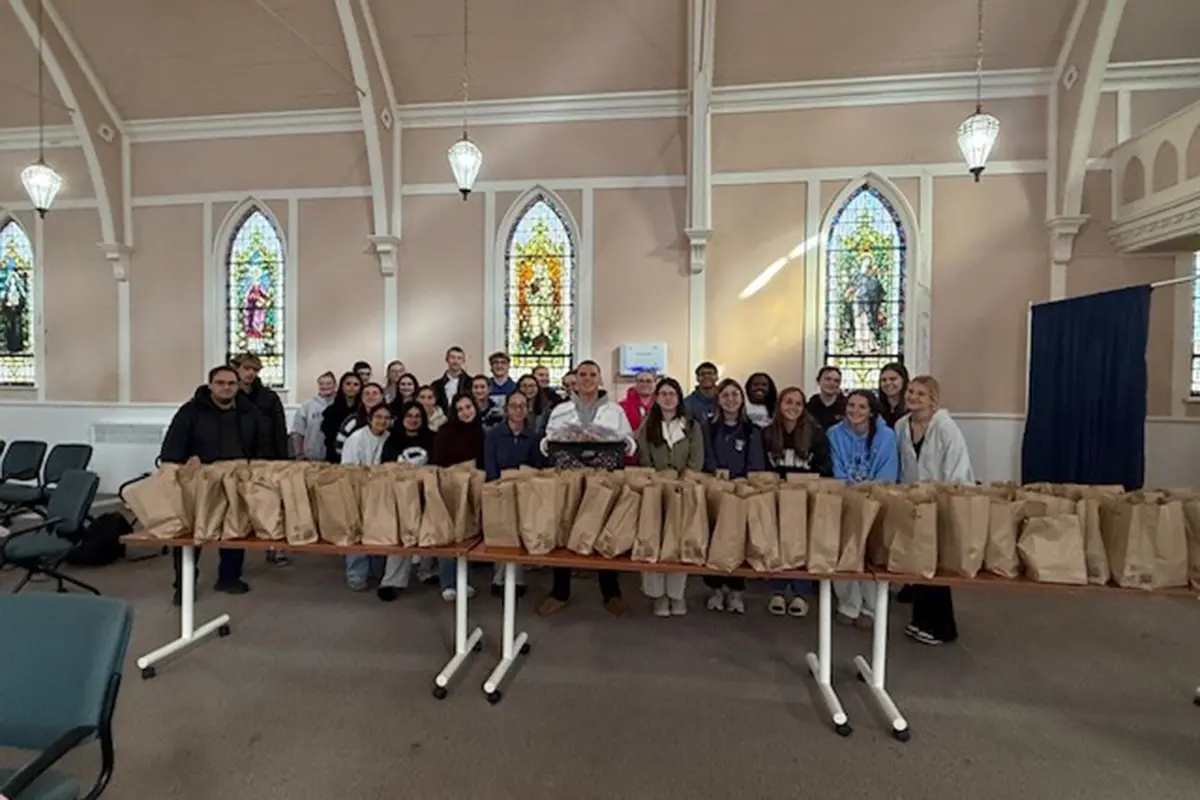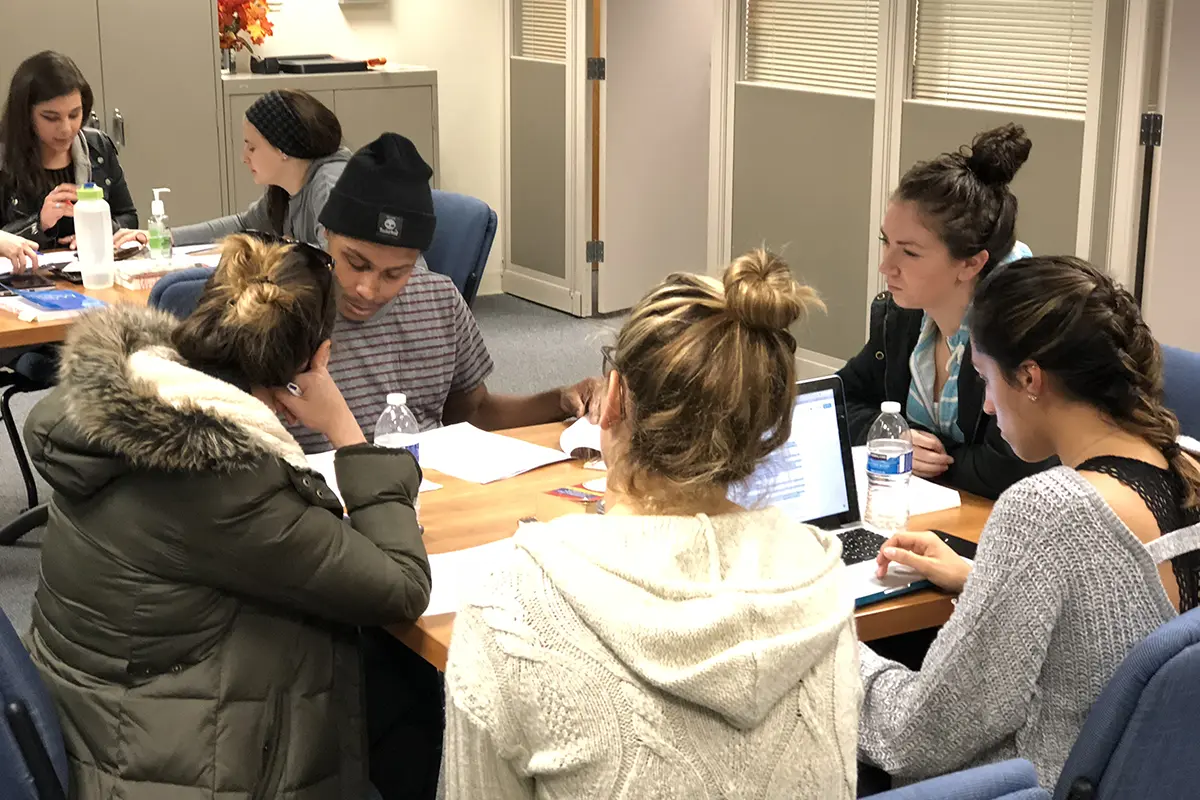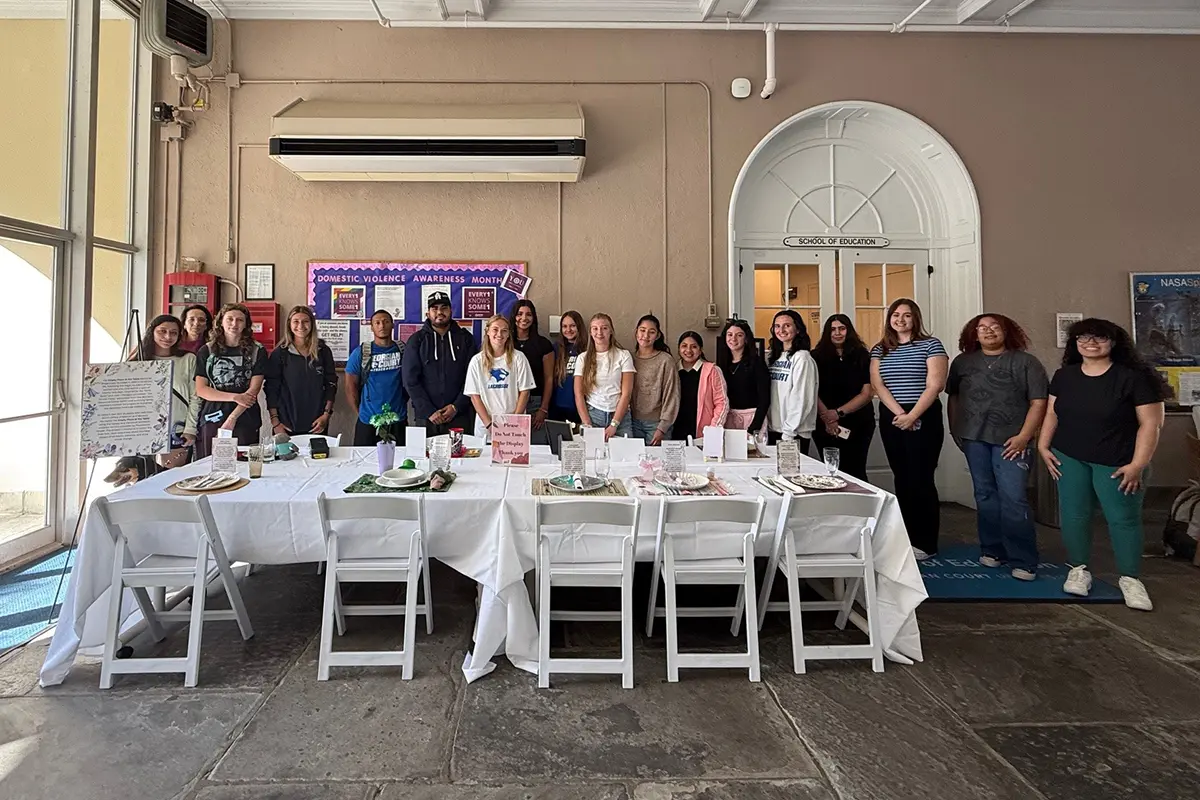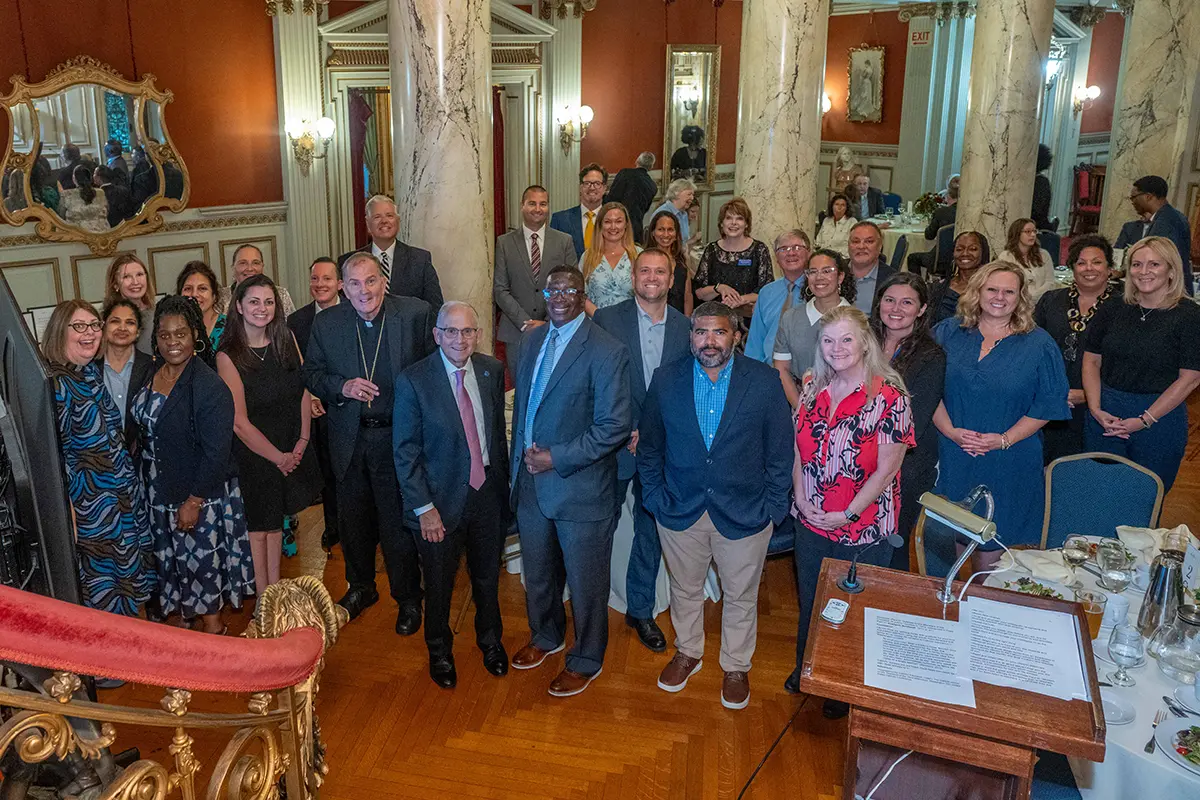New Pathways to Possibilities Program Delivers New Options to High School Students With Special Needs
Students with intellectual disabilities can go to college. Georgian Court University’s new Pathways to Possibility program is being developed to help them get there, beginning in the fall of 2021.
The Georgian Court initiative, underwritten by a nearly $2.5 million grant from the U.S. Department of Education, is among only 22 new proposals funded through Transition and Postsecondary Programs for Students with Intellectual Disabilities (TPSID)—the federal effort to support comprehensive transition and postsecondary programs for students with intellectual disabilities.
“Pathways to Possibility serves a tremendous need,” said program director Susan E. O. Field, Ph.D., a GCU professor of psychology. “Students with intellectual disabilities have federally funded education through age 23, but there are few opportunities available after high school.
“Research has shown that inclusive, college-based programs lead to better outcomes for the participants than do purely vocational programs,” Dr. Field said, “both in terms of the level of employment and the degree of independence that the students achieve.”
A College Experience for Students with Intellectual or Developmental Disabilities
“We know that establishing Pathways to Possibility will mean a lot to New Jersey families and even more to Georgian Court,” said Joseph R. Marbach, Ph.D., GCU president. “We are proud to support high school students with intellectual disabilities by presenting college as a viable option for transition to adult life.”
The grant will allow students with intellectual disabilities to live and learn on campus. In addition to academics, social development will be an important part of the program. The proposal was co-authored by Dr. Field and Jerry G. Petroff, Ph.D., of the Career and Community Studies program at The College of New Jersey (TCNJ).
The two are also collaborating with the Turning Point Program at Bergen Community College. In addition, Best Buddies, the NJ Statewide Parent Advocacy Network, and several New Jersey school districts are among other organizations supporting the grant. (Both TCNJ and Bergen Community College have partnered with each other for more than a decade.)
Students who qualify for Pathways to Possibility will benefit from classroom experiences, self-advocacy, career preparation, and campus programming. Meanwhile, there’s also peer mentoring, emphasis on independent living after college, and the ability to earn a certificate after four years.
Benefits extend to the campus community, too. For example, select faculty will get specialty training, and graduate internships will be created to assist the program. Students with intellectual disabilities will also bring even more diversity to GCU.
Where Mission Meets Student Needs

Georgian Court is sponsored by the Sisters of Mercy, a congregation founded in the 1830s with the intention of educating women and the poor. Fast forward 190 years, and Mercy colleges and universities are still meeting the needs of people who would otherwise have difficulty obtaining a college degree.
“It is an excellent and remarkable fit with the mission of Georgian Court—our secret mission, of sorts,” said Dr. Field. “Often, we think about those students who need a little extra support, or don’t have the financial resources, or those who don’t think they can go to college.
“Georgian Court is good at educating people who would not succeed at a larger university,” she said. She noted, for instance, the success of The Learning Connection (TLC) at Georgian Court. TLC is one of several programs designed to help college students succeed, even if they have learning or other disabilities or just need extra help.
“We do this well already. There is strong support for students with learning challenges, and Pathways to Possibility is one more step.”

